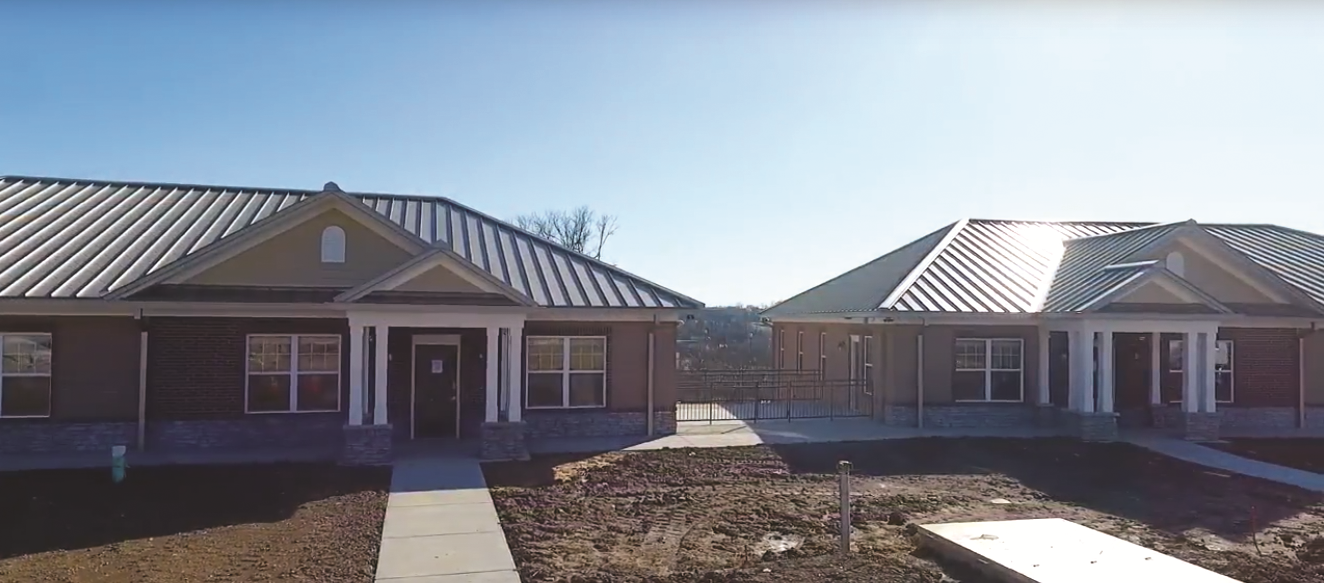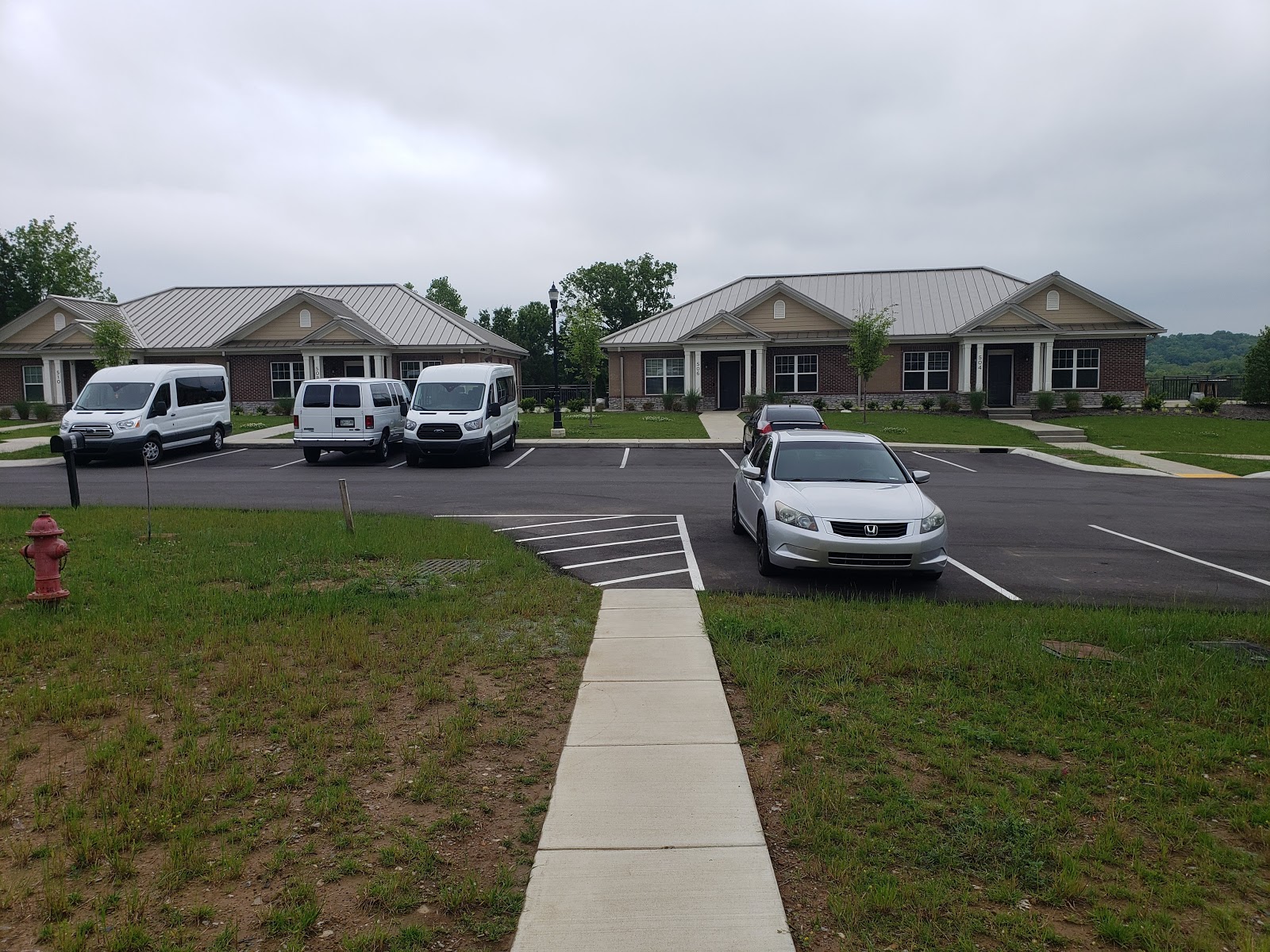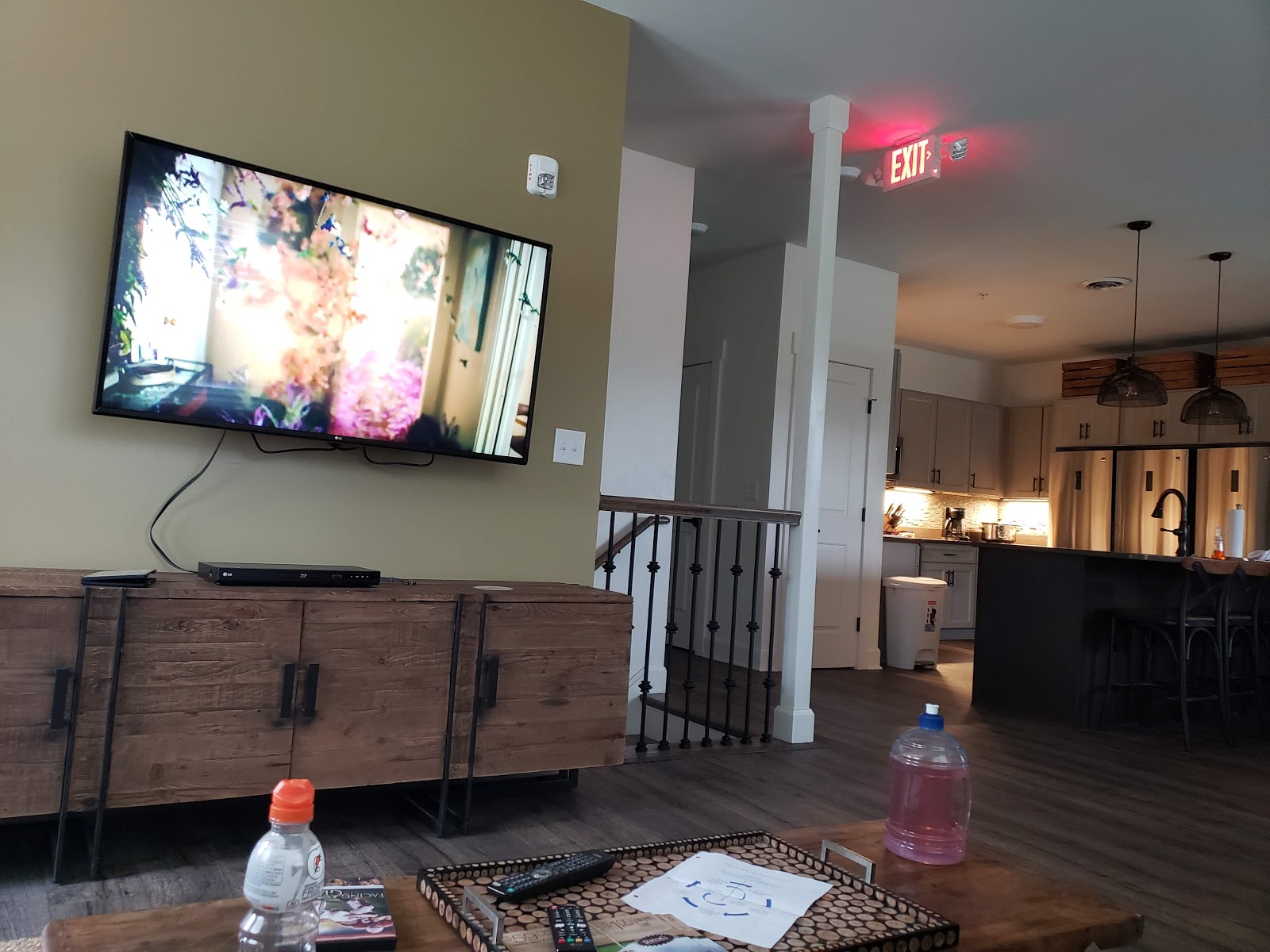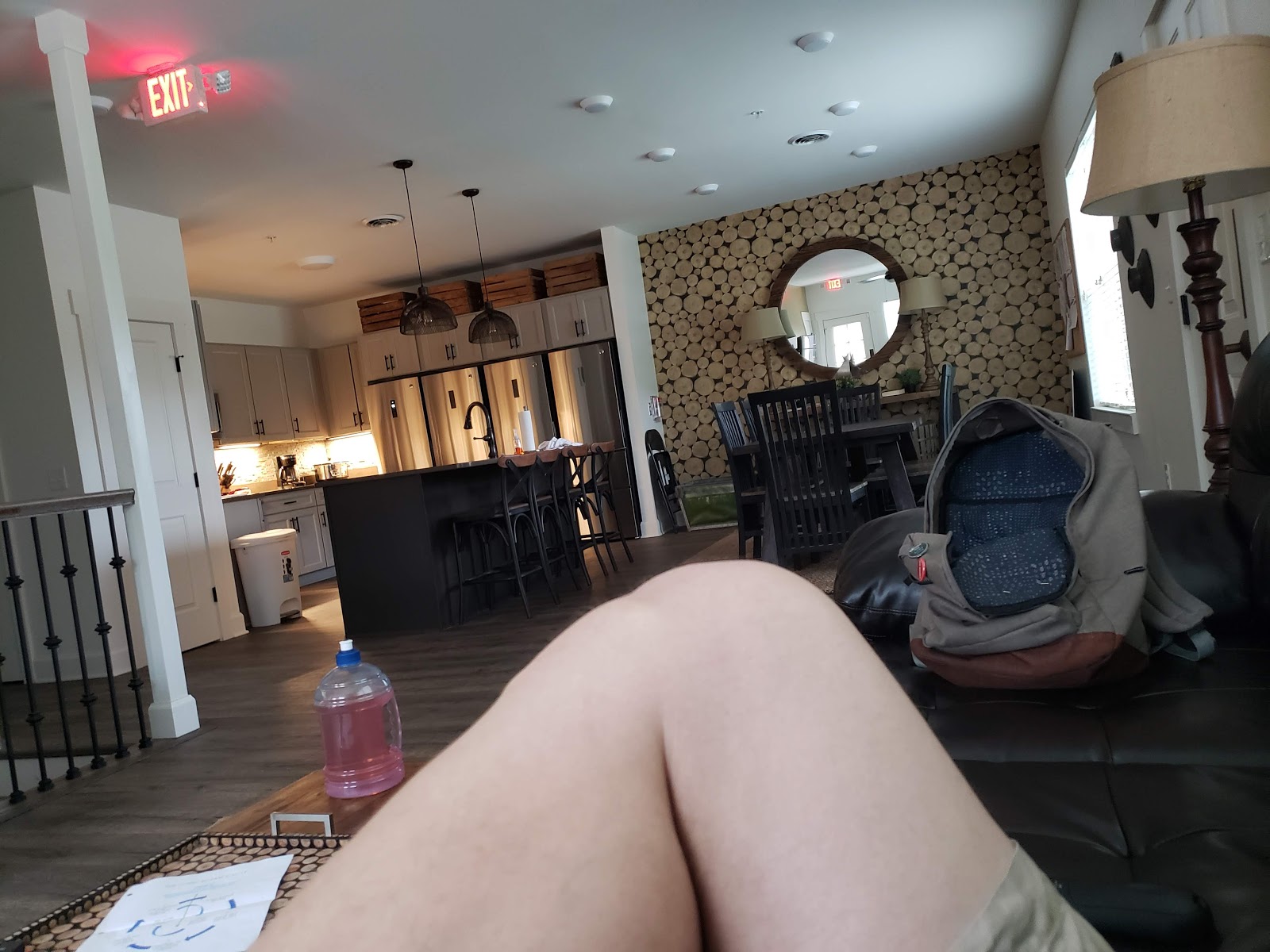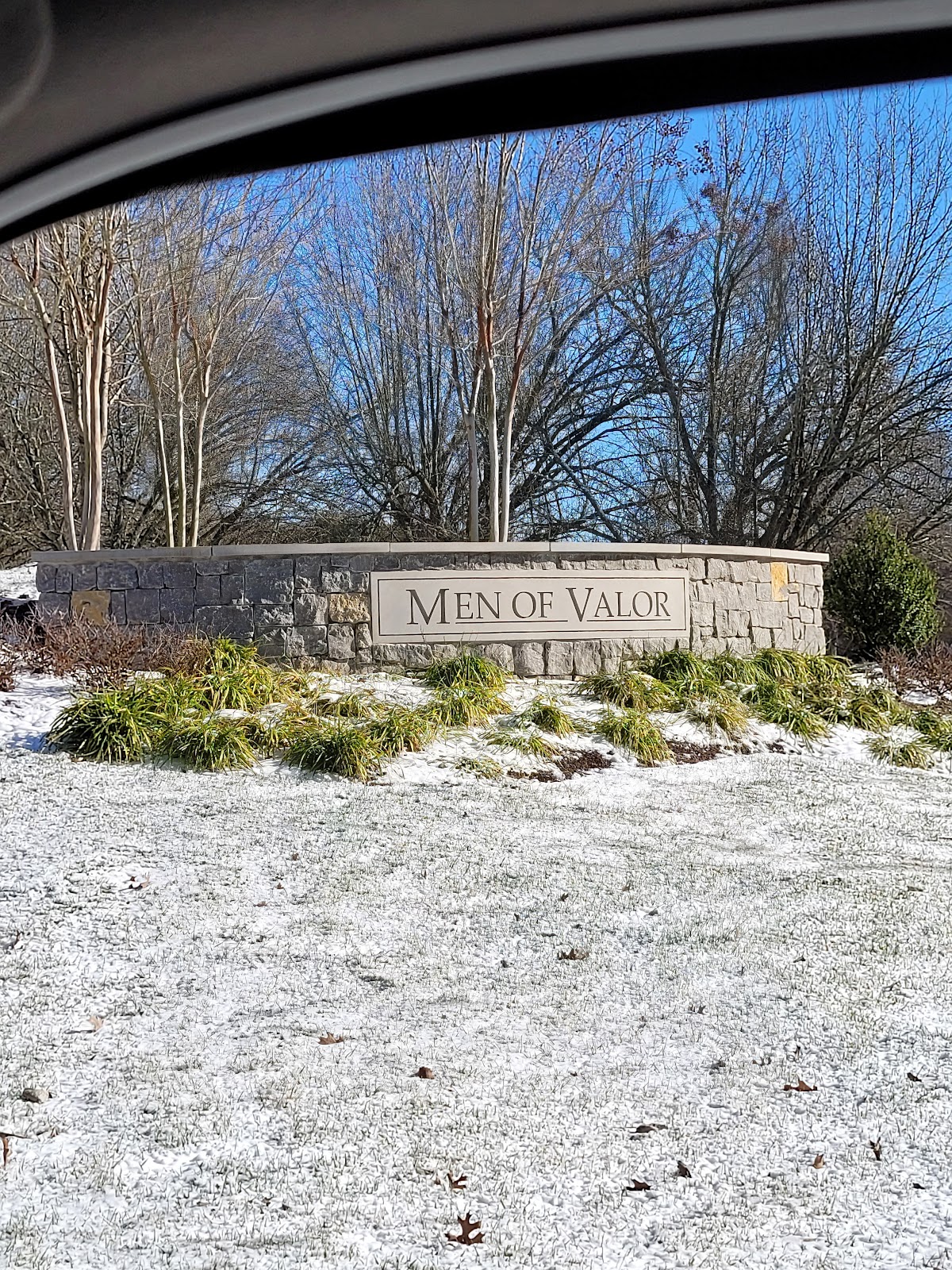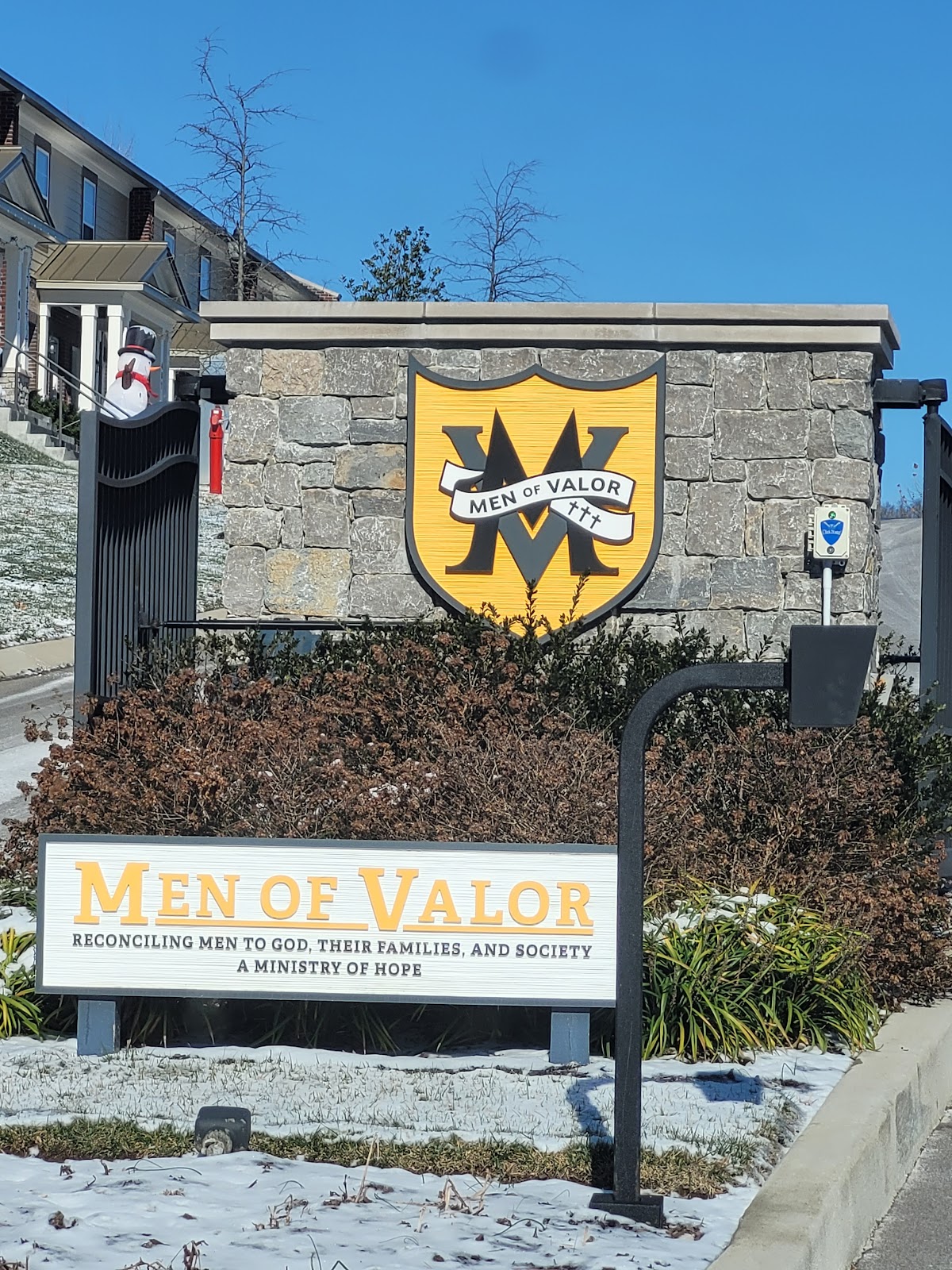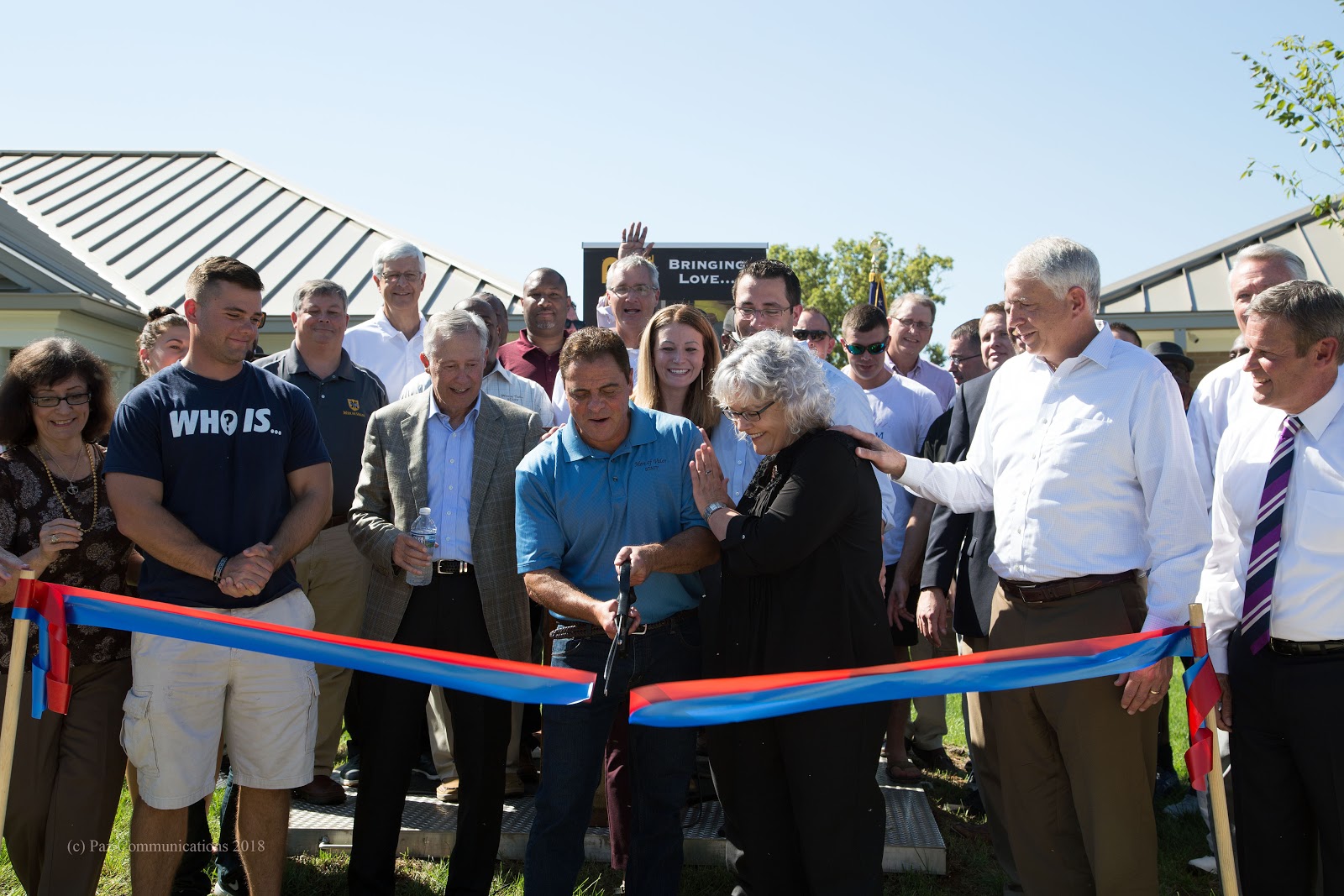Overview
Men of Valor is a substance abuse treatment center for people seeking treatment near Davidson County. As part of their treatment modalities for recovery, Men of Valor provides individual psychotherapy, group counseling, and family counseling during treatment. Men of Valor is located in Nashville, Tennessee, accepting cash or self-payment for treatment.
Men of Valor at a Glance
Payment Options
- Cash or self-payment
- Medicaid
- Medicare
Assessments
- Comprehensive mental health assessment
- Comprehensive substance use assessment
Age Groups
- Young adults
- Adults
Operation
- Private non-profit organization
Treatment At Men of Valor

Conditions Treated
Mental health treatment:
Mental health services are essential during treatment for drug and alcohol addiction, whether you receive treatment in an inpatient or outpatient setting. While receiving inpatient care, you can expect to have round-the-clock access to mental health therapists and medical staff. Additionally, you will likely receive a number of different therapies and mental health options like individual and group counseling, addiction and relapse prevention education, and coping skills training.
Alcoholism:
Alcohol addiction is a condition where someone feels a strong and uncontrollable urge to drink alcohol, often leading to negative effects on their health, relationships, and daily life. To assist individuals grappling with alcohol addiction, various strategies exist. Initially, supervised detoxification may be necessary to ensure a safe cessation of alcohol consumption. Following this, counseling and therapy play a crucial role in addressing the psychological facets of the addiction. Engaging in support groups can also offer a sense of camaraderie and comprehension.
Opioid Addiction:
Opioid rehabilitation centers focus on aiding individuals in overcoming opioid addiction, whether stemming from illegal substances like heroin or prescription medications like oxycodone. These facilities provide a comprehensive approach that combines medical detoxification and ongoing physical care with intensive therapy to address the root causes of addiction.
Substance use treatment:
Substance use rehabilitation embodies a holistic treatment approach crafted to assist individuals contending with drug or alcohol addiction. This all-encompassing rehabilitation strategy encompasses two crucial components: initially addressing the physical dependency, frequently commencing with detoxification, and subsequently confronting the psychological triggers through a diverse array of therapeutic methods. The overarching objective is to empower individuals to achieve and maintain sobriety while equipping them with essential skills and coping mechanisms for a successful reintegration into society and a life free from substance abuse.
Co-occurring Disorders:
Dual-diagnosis rehabilitation centers usually offer the most suitable approach for addressing concurrent mental health and substance abuse conditions. Within these facilities, a team of medical and behavioral professionals is typically assembled, employing diverse interventions and cultivating an optimal therapeutic environment to enable you to attain and maintain lasting recovery. The treatment regimen often encompasses evidence-based therapies, such as cognitive behavioral therapy, complemented by recovery support gatherings, 12-step program facilitation, skills development, and group therapy.

Levels Of Care
Detoxification:
Detoxification (detox) is the process of clearing the body of drugs or alcohol that an individual has consumed. The purpose of detox is to safely manage withdrawal symptoms when someone stops taking drugs or alcohol. It denotes a clearing of toxins from the body of the patient who is acutely intoxicated and/or dependent on substances of abuse. Detoxification seeks to minimize the physical harm caused by the abuse of substances.
Aftercare:
Aftercare refers to the structured support and programs offered to individuals after completing an initial treatment phase for substance abuse or other disorders. Recognizing that recovery is an ongoing process, aftercare provides continued counseling, skill-building, group therapy, and resources to help individuals maintain sobriety, manage triggers, and reintegrate into daily life, reducing the risk of relapse and ensuring long-term success in recovery.
Halfway house:
A sober living home is a residential facility designed to support those recovering from substance abuse. Unlike inpatient rehab centers, it doesn't offer constant medical supervision but emphasizes a drug-free lifestyle. Residents adhere to set rules, such as curfews and mandatory group meetings and are often subject to random drug tests. The environment balances independence with accountability, helping residents reintegrate into society, build coping skills, and maintain sobriety while surrounded by peers who share similar recovery challenges.
Outpatient:
Outpatient programs cater to individuals who are in good medical condition and are not at a heightened risk of relapse, including those who have successfully finished their inpatient treatment. These programs usually build upon clients' existing treatment strategies, providing ongoing addiction counseling and educational support for recovery. Individuals who enter outpatient care right after detoxification may also undergo medical and psychological evaluations, followed by the creation of personalized treatment plans. Most outpatient rehabilitation centers offer various levels of care tailored to meet each client's specific needs.
Hospital inpatient treatment:
Inpatient treatment involves a comprehensive residential therapeutic program where patients stay on-site for a duration typically ranging from 30 to 90 days. This immersive environment offers structured support, ensuring safety and a focus on recovery. Therapies provided include individual and group counseling, cognitive-behavioral therapy, holistic treatments, family therapy sessions, and experiential therapies. The aim is to address addiction or mental health disorders' physical, emotional, and psychological aspects, laying a robust foundation for sustained healing.

Treatment Modalities
Individual psychotherapy:
Individual Psychotherapy provides a private, one-on-one setting where clients can explore and address their personal challenges, behaviors, and feelings related to addiction and recovery. With the guidance of a trained therapist, clients work to uncover the root causes of their substance use, develop coping strategies, and build a foundation for long-term recovery and personal growth.
Group counseling:
Group counseling provides a supportive environment where individuals share personal experiences and insights, under the guidance of a professional counselor. It facilitates self-awareness, fosters interpersonal learning, and helps members work through personal and relational challenges. Through shared dialogue and reflection, individuals learn coping strategies, gain emotional support, and experience personal growth within a communal setting.
Family counseling:
Family Counseling is a therapeutic approach that seeks to address and resolve conflicts, improve communication, and strengthen relationships within the family unit. By providing a safe space for family members to express their feelings and concerns, a trained counselor facilitates understanding and collaboration among members, promoting healthier dynamics and enhancing overall family well-being.
Experiential Therapy:
Experiential Therapy is a therapeutic approach that encourages individuals to identify and address hidden or subconscious issues through activities, actions, and direct experiences. Unlike traditional talk therapy, this method involves engaging in activities, role-playing, and other interactive techniques to garner emotional expression and self-discovery. By placing individuals in relevant situations, therapists can observe their behaviors and emotions in real-time, allowing for immediate feedback and insight. Through this interactive process, individuals can better understand their feelings and behaviors, develop coping mechanisms, and work towards resolving personal conflicts.
Nutrition Therapy:
Nutrition therapy, aka medical nutrition therapy (MNT), treats physical, emotional, and medical conditions through diet. Specific dietary plans are designed by professional nutritionists or registered dietitians, and patients follow them in order to affect their physical and mental health positively.
Religious Programs:
Religious programs in rehab integrate spiritual and faith-based practices with traditional therapeutic techniques to aid individuals in their recovery journey. Recognizing the profound impact that faith can have on healing, these programs provide an environment where patients can explore and strengthen their spiritual beliefs while addressing their addiction challenges. Rooted in various religious teachings and traditions, participants often engage in activities such as prayer, meditation, scripture study, and pastoral counseling. For many, this holistic approach offers an added layer of support, fostering deeper personal reflection and connection to a higher power.
Contact Information
DISCLAIMER: The facility name, logo and brand are the property and registered trademarks of Men of Valor, and are being used for identification and informational purposes only. Use of these names, logos and brands shall not imply endorsement. BetterAddictionCare.com is not affiliated with or sponsored by Men of Valor.
